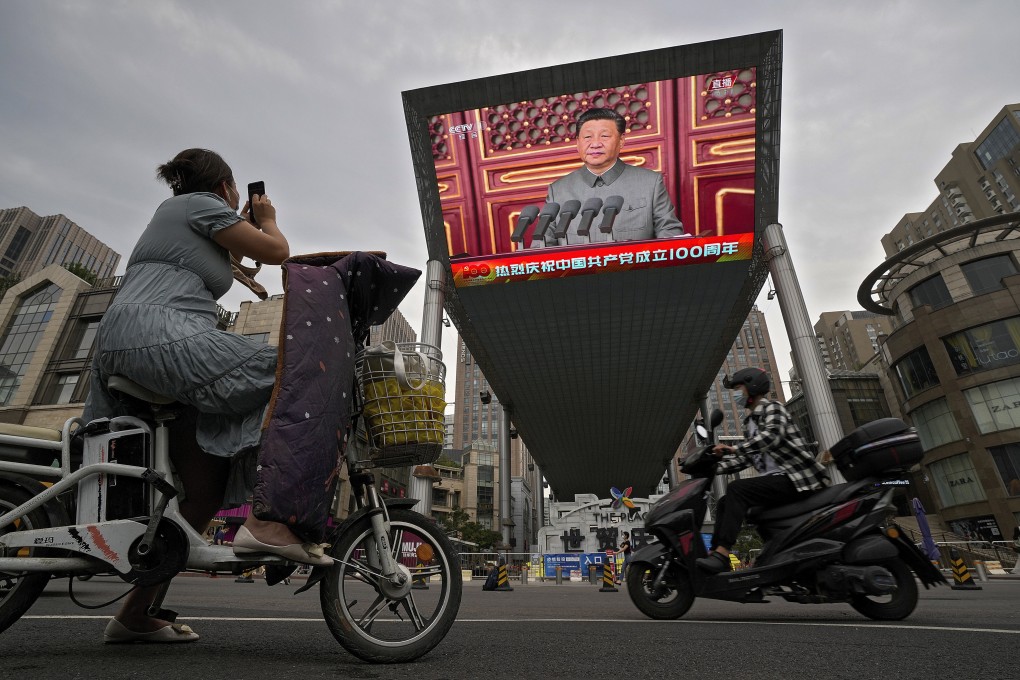Advertisement
Opinion | China as gentle giant would win more hearts than wolf warrior diplomacy
- For many Chinese, Xi Jinping’s stern warning to foreign powers on the centenary of the Communist Party was a sign of strength and resolve
- But it would not have gone down well with the rest of the world, at a time when many are already wary of China’s rapid rise
Reading Time:3 minutes
Why you can trust SCMP
99+

In a speech marking 100 years of the Communist Party on July 1, President Xi Jinping warned that hostile foreign powers would “have their heads cracked and bleeding”.
The threatening words were ostensibly aimed at the United States and its allies, but also very much intended for the ears of the domestic audience.
For many Chinese, Xi’s stern tone was a sign of China’s confidence, strength and resolve. But I doubt it went down well with people beyond China’s borders.
Advertisement
And it certainly didn’t help soften China’s image in the world, at a time when many are already wary or fearful of the country’s rapid rise.
In a Pew survey released last week, unfavourable views of China remain at or near historic highs among the advanced economies in North America, Europe and the Asia-Pacific, although assessments of China’s handling of the Covid-19 crisis have improved.
The results shouldn’t have come as a surprise. China’s global image has worsened in recent years, and especially since the pandemic struck.
Advertisement
Select Voice
Select Speed
1.00x

